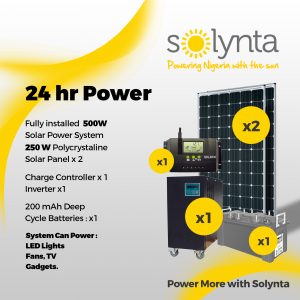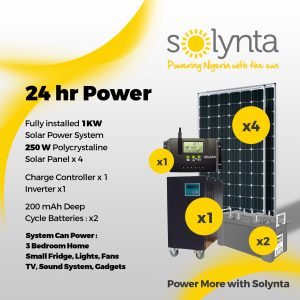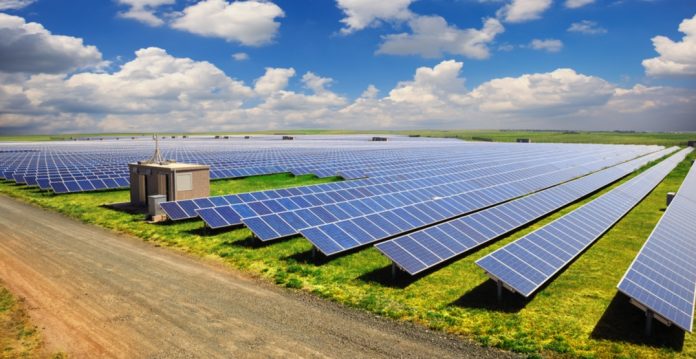How The Feed in Tariff Impacts Positively on Nigeria’s Electricity Grid

How Solar Farms Provide Electricity And Support The Local Grid
2018-01-20
Top Five Tips On How To Clean Solar Panels
2018-01-23A feed in tariff system is an electricity payback platform whereby homes and businesses with solar home systems or any other means of generating power could send it back into the national Grid and get compensated by a reduced electricity bill or financial payment- in the event that they produced more electricity than what was consumed.
Feed in tariff systems have been available for a long time in most western and industrialized nations that have constant power.And it is one sure way a home can reduce its expenditure on electricity. Here, solar systems installed in homes do not come with battery banks as it is unnecessary since electricity is guaranteed 24 hours of the day.


In the case of Nigeria, the feed in tariff system is currently unavailable although the policy is still being worked upon and is awaiting implementation by the federal government and the electricity regulatory agencies.
The effect of the feed in tariff system in Nigeria is significant since it will immediately see an uptake of solar systems not necessarily to reduce electricity expenditures but as a means of revenue generation by individuals and households from the government. This will result in a massive boost in the power generation capacity of Nigeria. However, the downside is the country’s inability to transmit power beyond 7,000MW. This is due to the fact that the current transmission capacity of the country is dilapidated and will immediately upon transmission of 7,000Mw lead to systemic collapse plunging the entire country into darkness.




